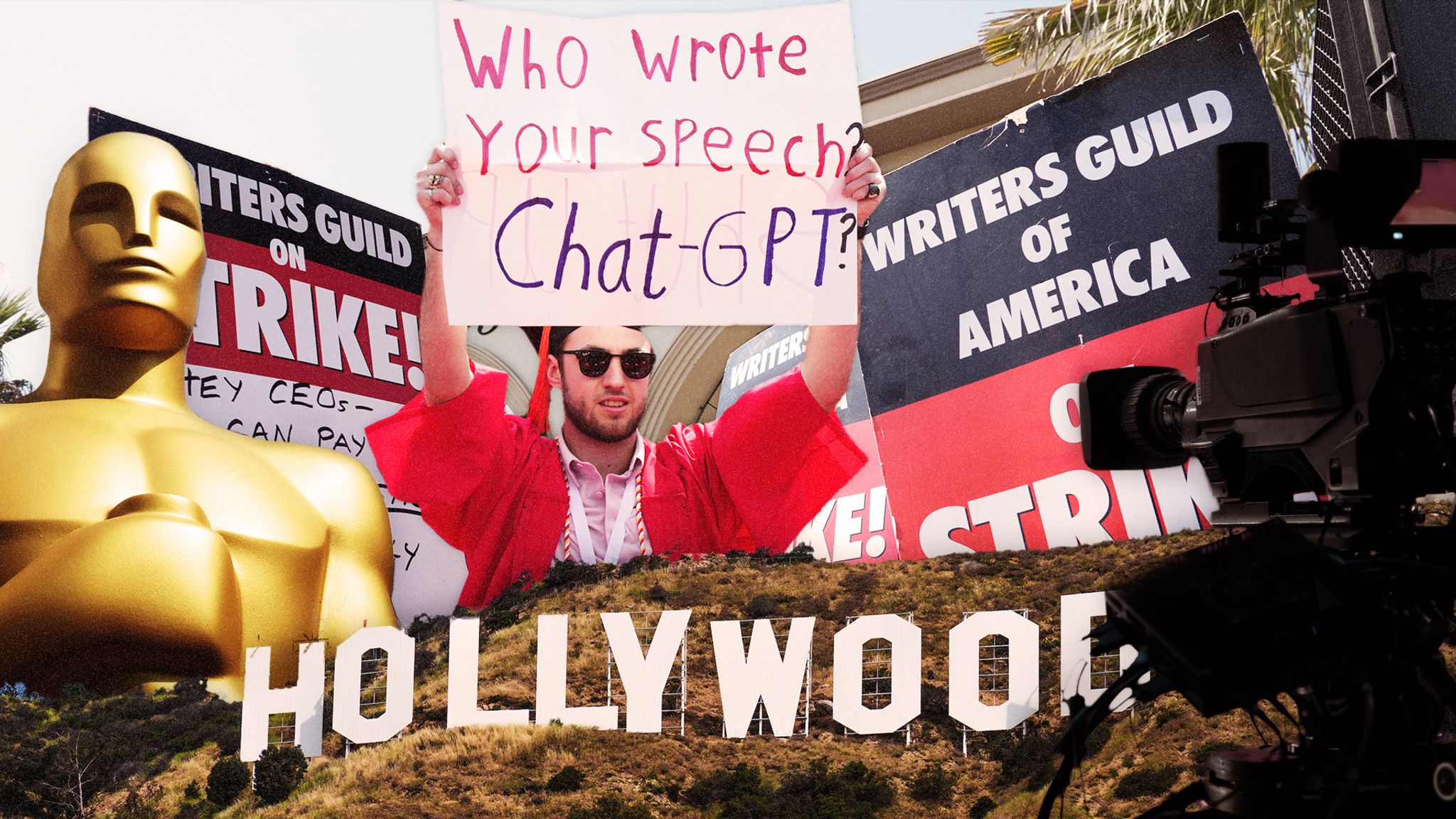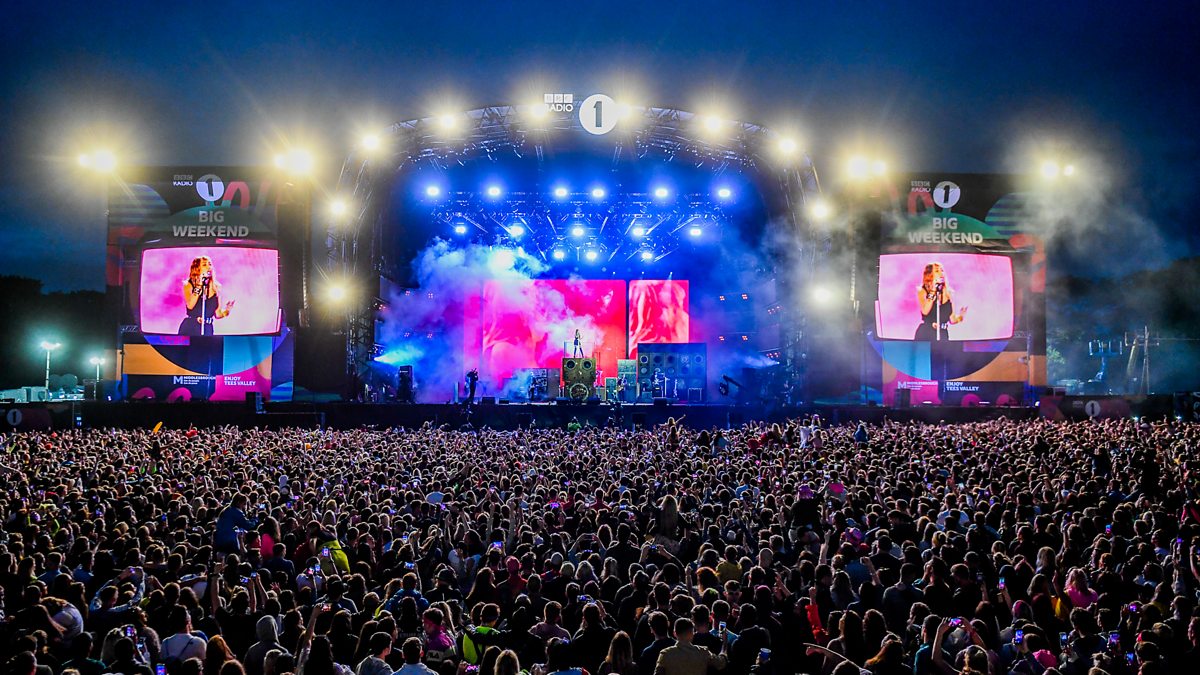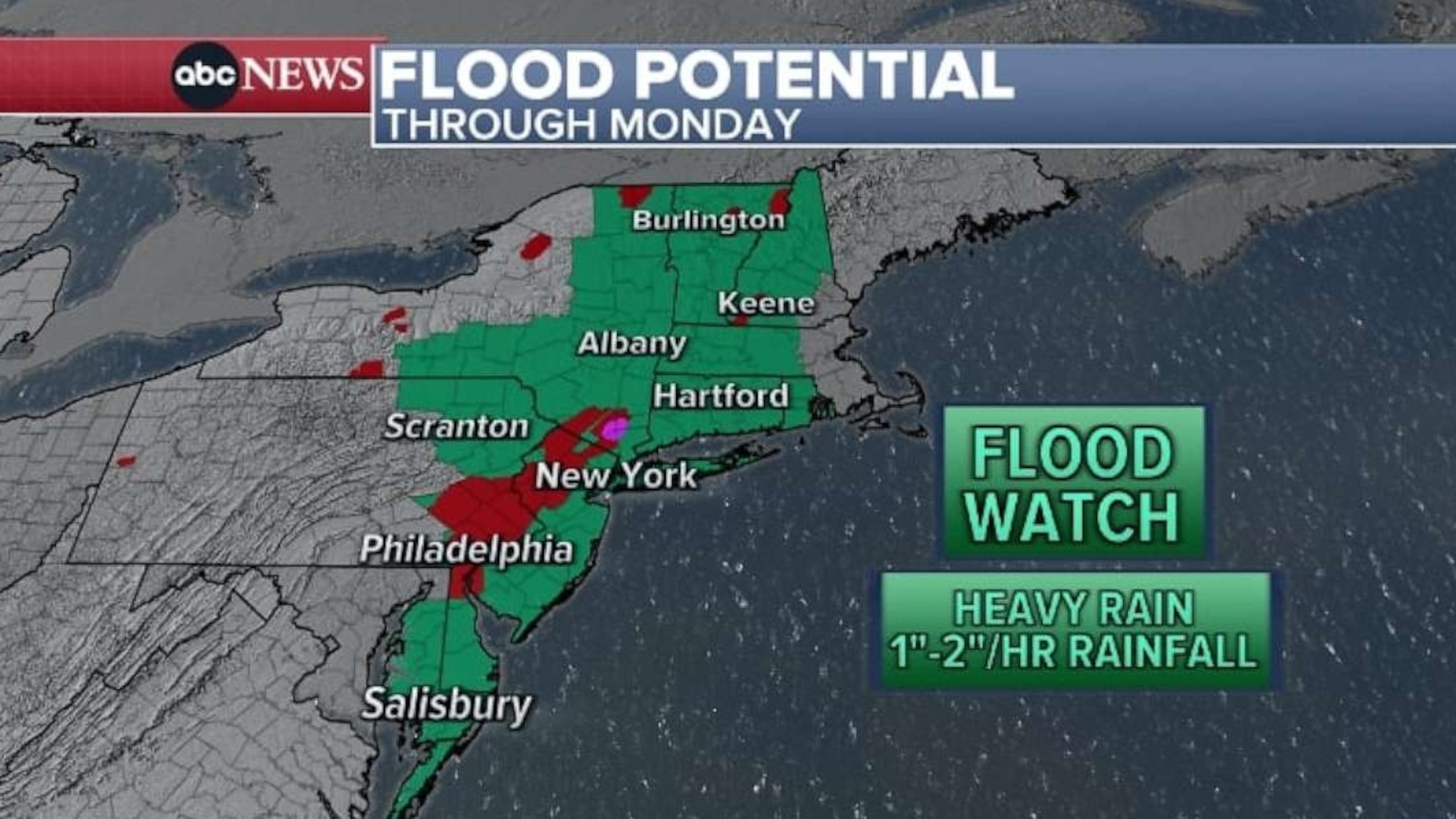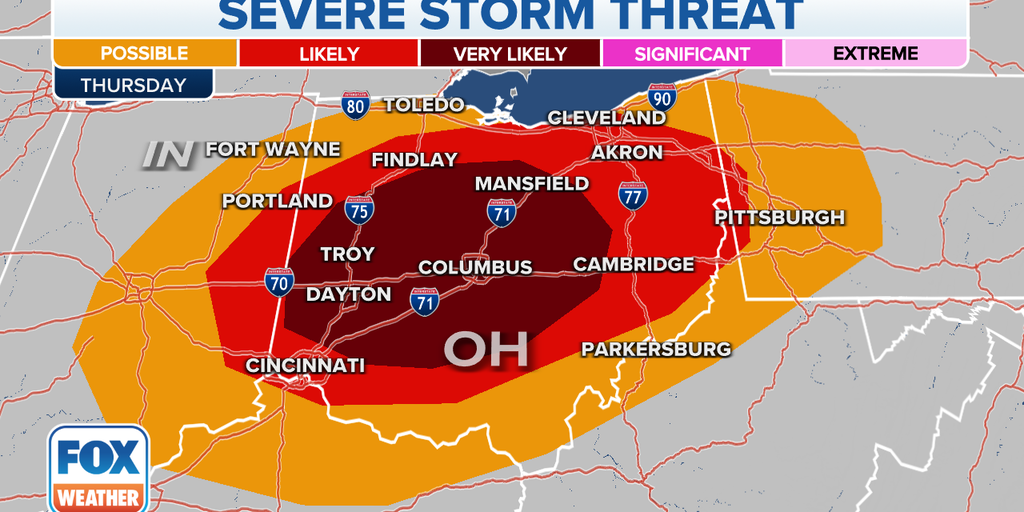Hollywood Shut Down: Writers And Actors On Strike

Table of Contents
The Writers' Strike: Key Demands and Impacts
The Writers Guild of America (WGA) strike, which began in May 2023, is rooted in several core issues threatening the livelihoods and creative control of screenwriters. The industry's shift towards streaming services has drastically altered the economic landscape for writers, leading to significant concerns regarding compensation and job security.
Fair Compensation and Residuals
- The Streaming Revolution: Traditional television models provided writers with residuals—payments based on reruns and syndication. Streaming services, however, often pay a single upfront fee, leaving writers with little to no compensation for the continued success of their work. This is especially impactful given that streaming platforms often boast massive subscriber numbers and generate billions in revenue.
- Disparity in Earnings: The success of many streaming shows starkly contrasts with the compensation received by their writers. High-profile series that generate immense viewership and brand recognition for platforms often result in disproportionately low payments for the creative minds behind them.
- Examples: While specific figures are often kept confidential due to contractual agreements, anecdotal evidence from numerous writers points to significant discrepancies between the profitability of streaming shows and the compensation writers receive, especially compared to the traditional network television model. This has highlighted the need for a fairer compensation structure in the digital age.
AI and Job Security
The WGA also expresses deep concerns about the increasing use of artificial intelligence (AI) in writing and its potential to replace human writers.
- Creative Control and Intellectual Property: The use of AI in screenwriting raises questions about authorship, ownership, and creative control. Writers are worried about AI tools being used to generate scripts or rewrite their work without proper compensation or credit.
- AI Tools in Screenwriting: Several AI-powered writing tools are already available, promising to assist with script development. However, the WGA argues that these tools could easily be used to diminish the role of human writers, ultimately reducing job security.
- WGA Demands: The WGA is pushing for regulations and safeguards that would protect writers from the misuse of AI, ensuring human writers retain control over their work and receive fair compensation for their creative contributions, regardless of AI assistance.
Impacts of the Writers' Strike
The writers' strike has had a significant and immediate impact on the entertainment industry.
- Production Halts: Numerous television shows and films have halted production, leaving many projects in limbo. This includes both network and streaming productions, significantly impacting the industry's output.
- Release Delays: The lack of new content will inevitably lead to delays in release schedules for movies and TV shows, affecting broadcasters, streamers, and viewers alike.
- Financial Impact: Beyond the production companies, the strike has financial implications for numerous crew members, including those who rely on daily wages or per-project contracts.
The Actors' Strike: Joining Forces for Change
The Screen Actors Guild – American Federation of Television and Radio Artists (SAG-AFTRA) joined the WGA on the picket lines, adding another layer of complexity to the Hollywood shutdown. Their concerns overlap with the writers' in some aspects, but also include specific issues related to actors' working conditions and the use of their performances in AI-generated content.
Fair Wages and Working Conditions
- Streaming Residuals for Actors: Actors also face the challenge of unfair compensation for work on streaming platforms. The lack of residuals for streaming performances mirrors the writers' struggles.
- Inconsistent Work and Benefits: Many actors struggle with inconsistent work and a lack of benefits, particularly those who aren't A-list celebrities. The strike aims to address these issues and secure better protections for actors across the pay scale.
- Self-Tape Auditions: The increasing reliance on self-tape auditions has raised concerns about working conditions. Actors are incurring costs associated with these auditions without appropriate compensation.
AI and the Protection of Actors' Performances
SAG-AFTRA's concerns about AI extend beyond the use of AI in writing to encompass the use of actors' likenesses and performances in AI-generated content.
- AI Exploitation: Actors worry that their performances could be used to create AI-generated content without their consent or compensation, essentially exploiting their work and undermining their ability to negotiate fair wages for future projects.
- Ethical Considerations and Intellectual Property: This issue raises significant ethical considerations and potential infringement of intellectual property rights. The use of an actor's performance data to create a digital likeness or “deepfake” raises concerns about exploitation and lack of control over their image and likeness.
- SAG-AFTRA Demands: The union is demanding safeguards against the unauthorized use of actors' performances in AI-generated content, emphasizing the need for consent and compensation.
Impacts of the Actors' Strike
The combined impact of the writers' and actors' strikes is unprecedented.
- Complete Production Halt: Major productions, including studio films and network television, are completely halted. This represents a significant disruption to the entertainment industry’s production pipeline.
- Ripple Effect: The shutdown has a ripple effect on related industries, impacting businesses such as catering services, transportation companies, and post-production facilities.
- Uncertainty about the Future: The strike has created significant uncertainty about the future of the entertainment landscape, leaving many wondering about the long-term implications for production, distribution, and the overall creative process.
Potential Resolutions and Long-Term Implications
The outcome of the negotiations between the unions and the AMPTP (Alliance of Motion Picture and Television Producers) will significantly shape the future of the entertainment industry. A successful resolution could lead to more equitable compensation structures, improved working conditions, and stronger protections against AI exploitation. Conversely, a protracted strike or an unsatisfactory resolution could lead to further disruptions, potentially fostering increased reliance on automation and AI-generated content. The possibility of long-term changes in the industry's structure and working practices is undeniable, and the impact will likely extend far beyond the immediate concerns of the striking unions. The future of Hollywood and the creative industries as a whole hinges on the outcome of these negotiations.
Conclusion
The Hollywood shutdown, fueled by the simultaneous writers' and actors' strikes, represents a critical moment for the entertainment industry. The demands for fair compensation, improved working conditions, and safeguards against the misuse of AI are not just about wages – they're about the future of creativity and the livelihoods of those who make Hollywood thrive. Understanding the complexities of the "Hollywood shutdown" and its potential impact is vital for anyone interested in the future of entertainment. Stay informed about the ongoing negotiations and the potential solutions that could resolve this critical situation affecting the entire industry and its workers. Following the developments of the Hollywood shutdown will be crucial for understanding the future landscape of filmmaking and television production.

Featured Posts
-
 2026 Porsche Cayenne Ev Spy Photos Reveal First Glimpses
May 25, 2025
2026 Porsche Cayenne Ev Spy Photos Reveal First Glimpses
May 25, 2025 -
 Tuukka Taponen F1 Debyytti Jo Taenae Vuonna
May 25, 2025
Tuukka Taponen F1 Debyytti Jo Taenae Vuonna
May 25, 2025 -
 Urgent Coastal Flood Advisory In Effect For Southeast Pa Wednesday
May 25, 2025
Urgent Coastal Flood Advisory In Effect For Southeast Pa Wednesday
May 25, 2025 -
 Escape To The Countryside Top Destinations And Considerations
May 25, 2025
Escape To The Countryside Top Destinations And Considerations
May 25, 2025 -
 Getting Tickets For Bbc Radio 1 Big Weekend A Step By Step Guide
May 25, 2025
Getting Tickets For Bbc Radio 1 Big Weekend A Step By Step Guide
May 25, 2025
Latest Posts
-
 North Myrtle Beachs Water Crisis Understanding The Public Safety Implications
May 25, 2025
North Myrtle Beachs Water Crisis Understanding The Public Safety Implications
May 25, 2025 -
 Public Safety Issues In North Myrtle Beach Due To Excess Water Consumption
May 25, 2025
Public Safety Issues In North Myrtle Beach Due To Excess Water Consumption
May 25, 2025 -
 North Myrtle Beach Excessive Water Use A Public Safety Risk
May 25, 2025
North Myrtle Beach Excessive Water Use A Public Safety Risk
May 25, 2025 -
 Flash Flood Emergency What To Know And How To Respond
May 25, 2025
Flash Flood Emergency What To Know And How To Respond
May 25, 2025 -
 Flood Advisory Update Severe Storms Impacting Miami Valley
May 25, 2025
Flood Advisory Update Severe Storms Impacting Miami Valley
May 25, 2025
